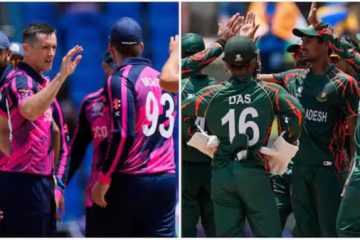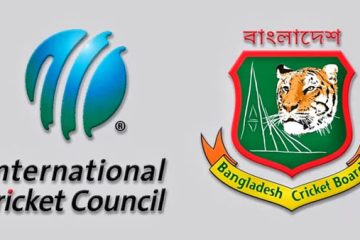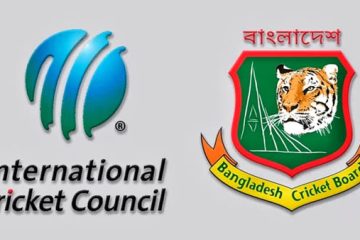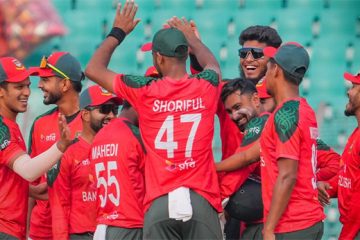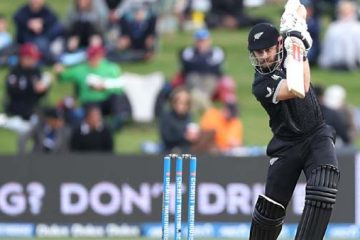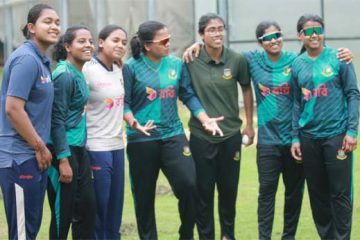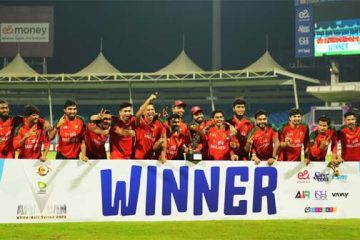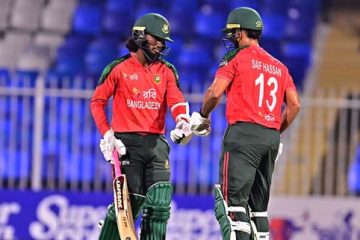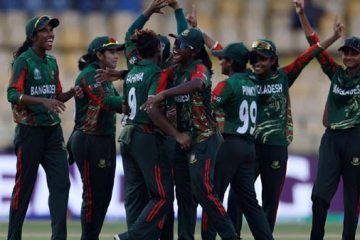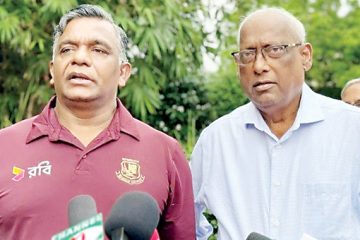The good, the bad, and Mugabe
The 2003 World Cup was the first to be held in the continent of Africa with South Africa, Zimbabwe and Kenya as co-hosts. Zimbabwe at that time was in turmoil under the iron fist of Robert Mugabe and his party ZANU-PF, a rule that victimised white farmers. Mugabe had enjoyed top spot in Zimbabwe politics since 1980. He was the Prime Minister from 198087, and from then till the present day, he has been the country’s President.
From 12 to 13 February 2000, a referendum on constitutional amendments was held, proposing that the terms of future presidents be limited to two years. As it was not retroactive, Mugabe could have stood for another two terms. It also would have made his government and military officials immune from prosecution for any illegal acts committed while in office. In addition, it allowed the government to confiscate white-owned land for redistribution to black farmers without compensation. The motion failed with 55% of participants against the referendum.
Initially Mugabe said that he would honour the will of the people. Actions, however, eclipsed his words as almost immediately, self-styled ‘war veterans’ began invading white-owned farms. Those who did not leave voluntarily were often tortured and sometimes killed.
By the time the World Cup started, the atmosphere in Zimbabwe was toxic. It took two brave, conscientious men to highlight their countrymen’s plight on a global stage. During their opening game against Namibia, Zimbabwe cricketers Henry Olonga and Andy Flower (the current England coach) wore black armbands. Later when asked why, the duo replied that they were “mourning the death of democracy in Zimbabwe”. It was a brave statement, and they paid for it with their careers. Both players retired after the World Cup, and Henry Olonga was banished from the country.
The political climate in Zimbabwe, and to a lesser extent Kenya where a bomb had erupted late in December 2002, had a big influence on the tournament. Sixteen people were killed in a suicide bombing in Mombasa, 300 miles from Nairobi, where Kenya’s matches against New Zealand and Sri Lanka were to take place. New Zealand, who had been witnesses to a similar attack opposite their hotel in Karachi, forfeited the match due to safety reasons. England had done the same for their match against Zimbabwe at Harare.
Kenya upset Sri Lanka and beat the other minnows in the group, and with their four points from New Zealand’s forfeited match, progressed to the Super Six stage, an unlikely outcome considering their ability. Since they had beaten their fellow qualifiers Zimbabwe and New Zealand, they entered the Super Six with two wins to their name and had only to beat Zimbabwe (who had made their way to the Super Six in similarly fortuitous fashion) to progress to the semis. They were thus the first non-Test playing nation to play a Cup semifinal, which devalued the quality of the tournament. They were easily brushed aside by India in a farcical match-up.





